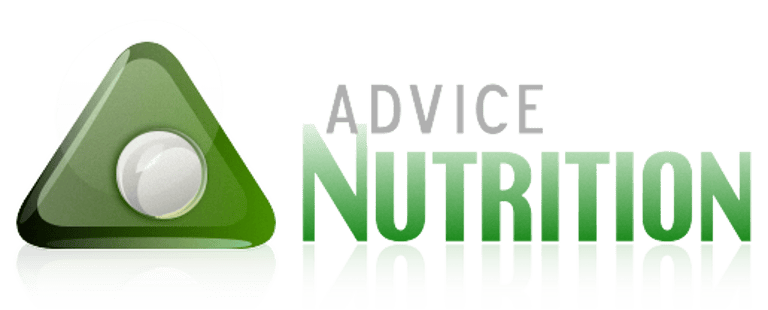The Truth About Supplements: Do You Really Need Them?
Wondering if dietary supplements are necessary? Learn the truth about vitamins, minerals, and when supplements can help or harm your health.
NUTRITION AND MENTAL HEALTHNUTRITION ADVICE
9/4/20252 min read


Introduction
In today’s health-conscious world, dietary supplements are everywhere—from vitamins and minerals to herbal extracts and protein powders. While some supplements can be beneficial, many people take them unnecessarily, believing they are essential for good health. Understanding when supplements are truly needed, and when a balanced diet is enough, is crucial. This article explores the science behind supplements and provides guidance for making informed choices.
1. What Are Dietary Supplements?
Dietary supplements are products intended to provide nutrients that may not be consumed in sufficient quantities. They include:
Vitamins (Vitamin D, B12, C)
Minerals (Calcium, Iron, Zinc)
Herbal supplements (Ginseng, Echinacea)
Protein powders and amino acids
Supplements can help fill nutrient gaps, but they are not a substitute for a healthy diet.
2. Who Might Need Supplements?
Certain groups of people may benefit from supplements:
Pregnant women: Folic acid supports fetal development.
Seniors: Vitamin D and B12 may be harder to absorb from food.
Vegans: May need B12, iron, and omega-3s.
People with restricted diets: Those with allergies or medical conditions may require specific nutrients.
📖 External Source: NIH – Dietary Supplements
3. Risks of Unnecessary Supplements
While some supplements are safe, excessive intake can be harmful:
Vitamin A overdose: Can damage the liver.
Iron overload: May cause digestive issues and organ damage.
Interactions with medications: Some herbs and vitamins can interfere with prescriptions.
4. Whole Foods vs. Supplements
Nutrients from whole foods are generally better absorbed and more effective than supplements. Benefits include:
Fiber in fruits and vegetables
Phytochemicals with antioxidant properties
Balanced nutrient ratios that naturally support health
💡 Related: See Best Superfoods You Should Add to Your Diet.
5. How to Decide If You Need Supplements
Assess your diet: Are you eating a variety of nutrient-rich foods?
Check lab tests: Some deficiencies require blood work.
Consult a healthcare professional: A doctor or registered dietitian can recommend appropriate supplements.
6. Popular Supplements and What Science Says
Vitamin D: Useful for bone health, especially in low-sunlight regions.
Omega-3: Beneficial for heart health; better from fatty fish.
Multivitamins: May help fill gaps but aren’t magic bullets.
Protein powders: Useful for athletes or those with limited protein intake.
📖 External Source: Harvard Health – Supplements: What Works, What Doesn’t
7. Tips for Safe Supplement Use
Buy from reputable brands with third-party testing.
Read labels carefully and follow recommended dosages.
Avoid “miracle” supplements that claim to cure diseases.
Track your intake to prevent accidental overdoses.
8. The Bottom Line
Supplements can be helpful in specific situations but are not a replacement for a balanced diet. Focus on eating nutrient-rich foods first, and use supplements only when needed and recommended by a professional. Prioritize whole foods, hydration, and a healthy lifestyle for optimal health.
Conclusion
Supplements are tools, not solutions. Knowing when and how to use them safely can prevent unnecessary risks and promote better health. Remember, the foundation of wellness is a balanced diet, regular physical activity, and mindful lifestyle choices. Supplements should complement—not replace—these basics.
